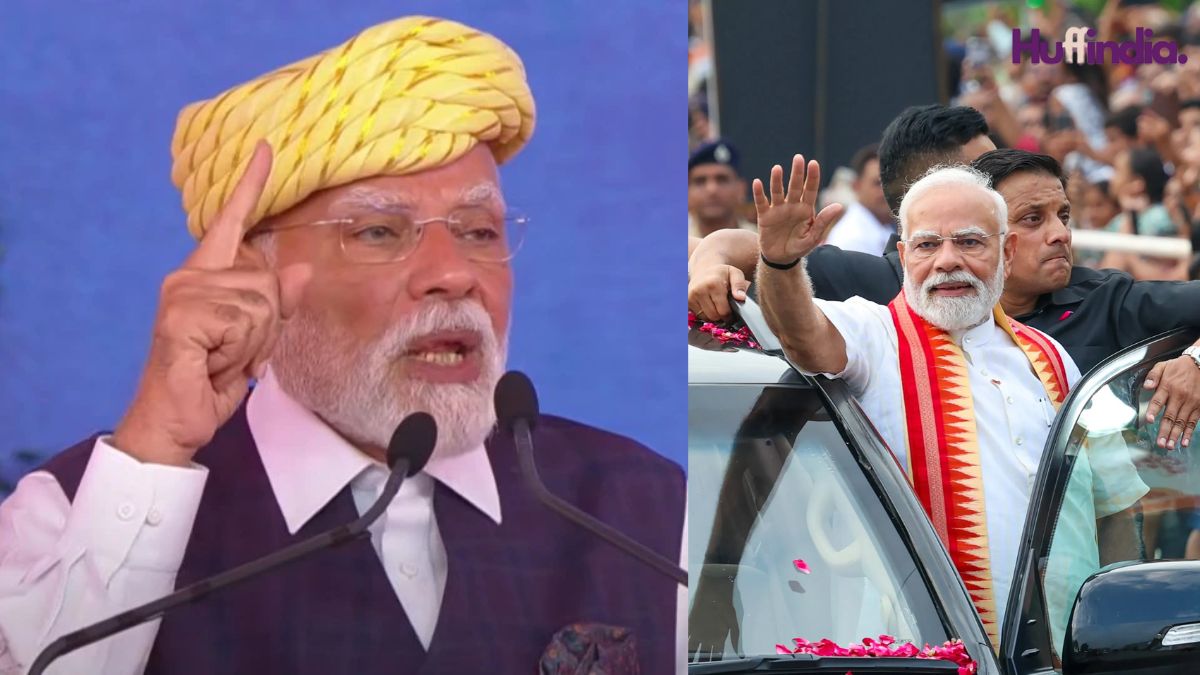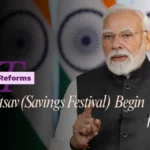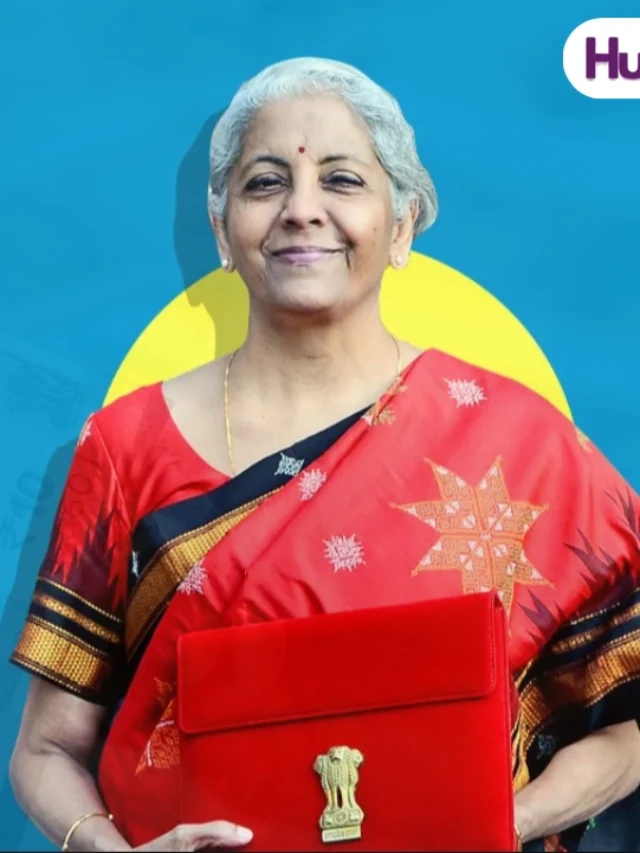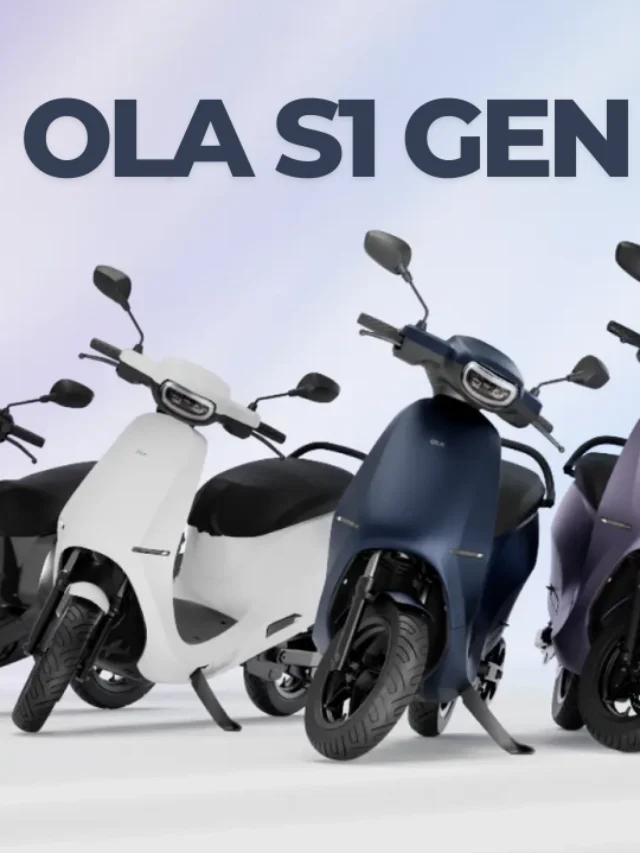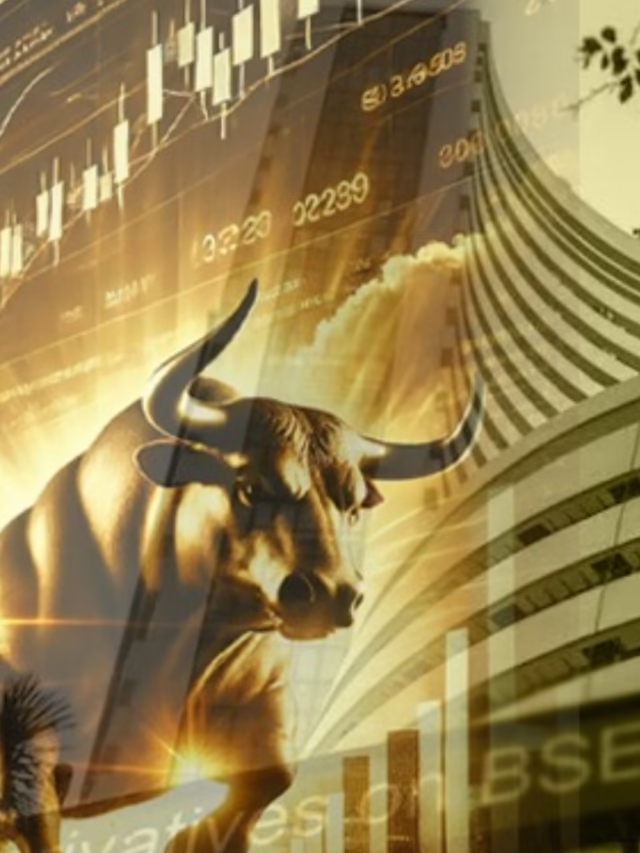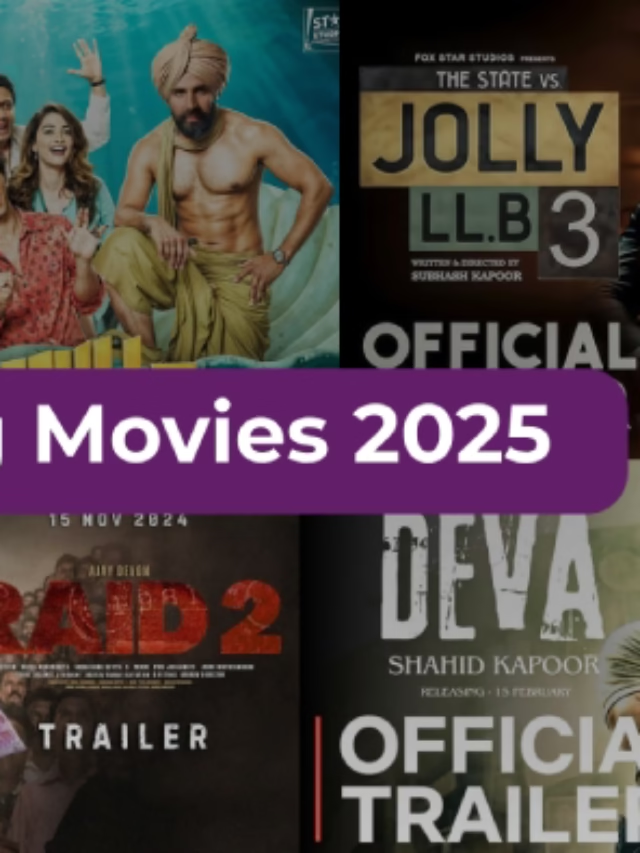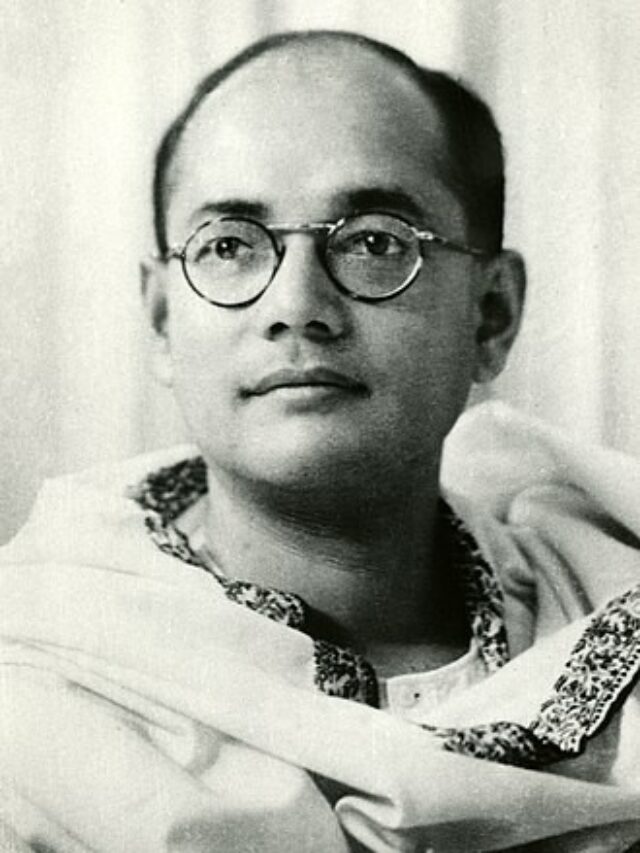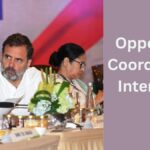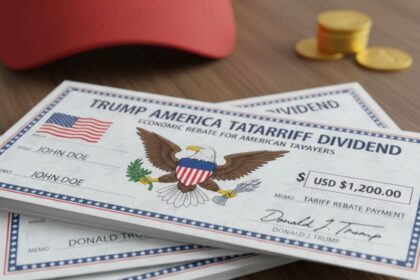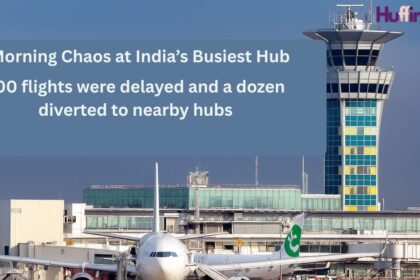BHAVNAGAR, September 20 – Prime Minister Narendra Modi delivered a powerful message on self-reliance during his address at the ‘Samudra se Samriddhi’ event in Gujarat’s Bhavnagar, declaring that India’s dependence on foreign countries is the nation’s “biggest enemy” that must be collectively defeated.
Speaking to a massive gathering while inaugurating maritime and development projects worth over Rs 34,200 crore, Modi emphasized that true national strength lies in complete self-reliance, from semiconductor “chips to ships”.
“Dependence is Our Real Enemy,” PM Modi Declares
“Today, India is moving forward with the spirit of ‘Vishwabandhu’. We have no major enemy in the world. Our biggest enemy is our dependence on other countries. This is our biggest enemy, and together we must defeat this enemy of India, the enemy of dependence,” Modi stated emphatically during his 37-minute address.
The Prime Minister warned that “the greater the foreign dependence, the greater the country’s failure,” linking self-reliance directly to national dignity and global respect. He stressed that India, with its population of 1.4 billion people, cannot afford to leave its future in the hands of external forces.
Timing Amid US Trade Tensions
Modi’s remarks come at a crucial time as India faces mounting economic pressures from the United States, including President Donald Trump’s recent decision to impose a $100,000 annual fee on H-1B visa applications – a move that predominantly affects Indian professionals who constitute 71% of H-1B visa holders.
The statement also follows the implementation of steep 50% tariffs on Indian imports by the Trump administration, creating additional strain on bilateral trade relations.
“We cannot leave the future of 1.4 billion countrymen and the coming generation to others. We cannot leave the resolve for the country’s development on others,” Modi declared, emphasizing that reliance on others compromises national self-respect.
Maritime Sector Gets Major Rs 34,200 Crore Boost
During the event, PM Modi inaugurated and laid foundation stones for multiple development projects totaling over Rs 34,200 crore, with a significant focus on strengthening India’s maritime capabilities.
Key Maritime Projects Launched:
- Mumbai International Cruise Terminal at Indira Dock – a state-of-the-art facility spanning 415,000 square feet capable of accommodating one million passengers annually
- New container terminal at Syama Prasad Mookerjee Port, Kolkata
- Container berth and cargo handling facilities at Paradip Port
- Tuna Tekra Multi-Cargo Terminal at Deendayal Port, Kandla
- Green Bio-Methanol Plant and ship repair facilities
Historic Decision on Ships as Infrastructure
In a major policy announcement, Modi declared that the government has taken a “historic decision” to recognize large ships as infrastructure, which will ease financing, reduce interest rates, and help Indian shipping companies compete globally.
“A historic decision has been taken to strengthen India’s maritime sector… the government now recognizes large ships as infrastructure,” Modi announced, describing this as a game-changing reform for the industry.
“Chips to Ships” Manufacturing Vision
The Prime Minister reiterated his vision of comprehensive domestic manufacturing, stating, “Whether it’s chips or ships, we must make them in India. For peace, stability and prosperity in the world, the country with the world’s largest population must become self-reliant”.
Modi emphasized that self-reliance extends beyond economic considerations to encompass national capabilities, strength, and the ability to stand independently. “There is only one medicine for a hundred sorrows, and that is a self-reliant India,” he declared.
Sharp Criticism of Congress Policies
Taking aim at previous administrations, Modi criticized the Congress party for decades of economic mismanagement that he claimed stifled India’s potential.
“These policies of the Congress governments caused great harm to the country’s youth. These policies prevented India’s true strength from being revealed,” Modi said, citing the shipping sector as a key example of damage caused by flawed policies.
He noted that India currently pays approximately Rs 6 lakh crore annually to foreign shipping firms – nearly equivalent to the country’s defense budget – money that could have been retained domestically to strengthen India’s maritime sector.
Modi pointed out that 50 years ago, 40% of India’s trade was conducted through Indian-made ships, but this has now declined to just 5%, highlighting the urgent need for revival of the domestic shipbuilding industry.
Vision for Maritime Superpower by 2047
The Prime Minister outlined ambitious goals for India’s maritime sector, announcing plans to triple the country’s share in global maritime trade by 2047. Currently, India accounts for approximately 10% of global maritime trade.
“India’s coastlines will become gateways to the nation’s prosperity,” Modi declared, emphasizing that the maritime sector would undergo “next-generation reforms”.
He announced the upcoming implementation of “One Nation, One Port Procedure” to simplify port operations across the country, describing recent maritime-related parliamentary legislation as a “game-changer” for modernizing port governance.
Self-Reliance as National Security Imperative
Modi’s speech reflected themes he has consistently championed since launching the Atmanirbhar Bharat initiative, linking self-reliance to national security and strategic autonomy.
“Dependence on others raises questions about a nation’s independence. It is unfortunate when dependence becomes a dangerous habit. That’s why we must remain aware and committed to becoming self-reliant,” he emphasized.
The Prime Minister’s remarks echo his previous statements about Operation Sindoor, where he highlighted how indigenous weapons and strategic autonomy enable India to act decisively and independently.
Economic and Social Development Focus
Beyond maritime projects, Modi also inaugurated several infrastructure and development initiatives in Gujarat worth over Rs 26,354 crore, including renewable energy projects, healthcare facilities, and urban transport infrastructure.
Key projects launched include the HPLNG Regasification Terminal at Chhara Port, solar power initiatives under PM-KUSUM, and expansions at major hospitals in Bhavnagar and Jamnagar.
Call for Citizen Participation
Modi urged citizens to actively support the self-reliance mission by choosing indigenous products. “Whatever they buy should be indigenous, and whatever they sell should also be indigenous,” he told the gathering.
He encouraged shopkeepers to display posters reading “Say with pride, this is Swadeshi,” emphasizing that collective citizen participation would transform every festival into a celebration of India’s prosperity.
Global Context and Strategic Autonomy
The Prime Minister’s emphasis on self-reliance comes as India navigates complex global economic relationships while maintaining its strategic autonomy.
“For global peace, stability, and prosperity, the country with the world’s largest population must become Atmanirbhar,” Modi stated, positioning India’s self-reliance as essential not just for domestic development but for global stability.
Modi’s address represents his strongest articulation yet of the self-reliance doctrine, delivered at a time when India faces mounting external economic pressures and seeks to reduce its dependence on foreign suppliers across critical sectors from defense to technology to maritime services.
Historic Policy: Ships as Infrastructure
In a game-changing reform, large ships will now be classified as infrastructure, unlocking easier financing and lower interest rates for Indian shipping firms.
Chips to Ships—A Manufacturing Revolution
Modi reiterated, “Whether it’s chips or ships, we must make them in India,” linking self-reliance to both economic strength and global stability.
Context: US Trade Pressures
His remarks come amid US measures targeting India, including a $100,000 annual H-1B visa fee for Indian professionals and 50% tariffs on Indian imports—moves Modi cited as reasons to accelerate India’s pursuit of Atmanirbhar Bharat.
Historic Mission to 2047
Modi set a goal to triple India’s share of global maritime trade by 2047, currently at around 10%. He announced “One Nation, One Port Procedure” to harmonize port operations nationwide and modernize maritime governance.
Call for Citizen Participation
Urging Indians to buy and sell only indigenous goods, Modi said: “Let every shop display ‘Say with pride, this is Swadeshi.’” He linked grassroots Swadeshi efforts to national prosperity and global peace.

